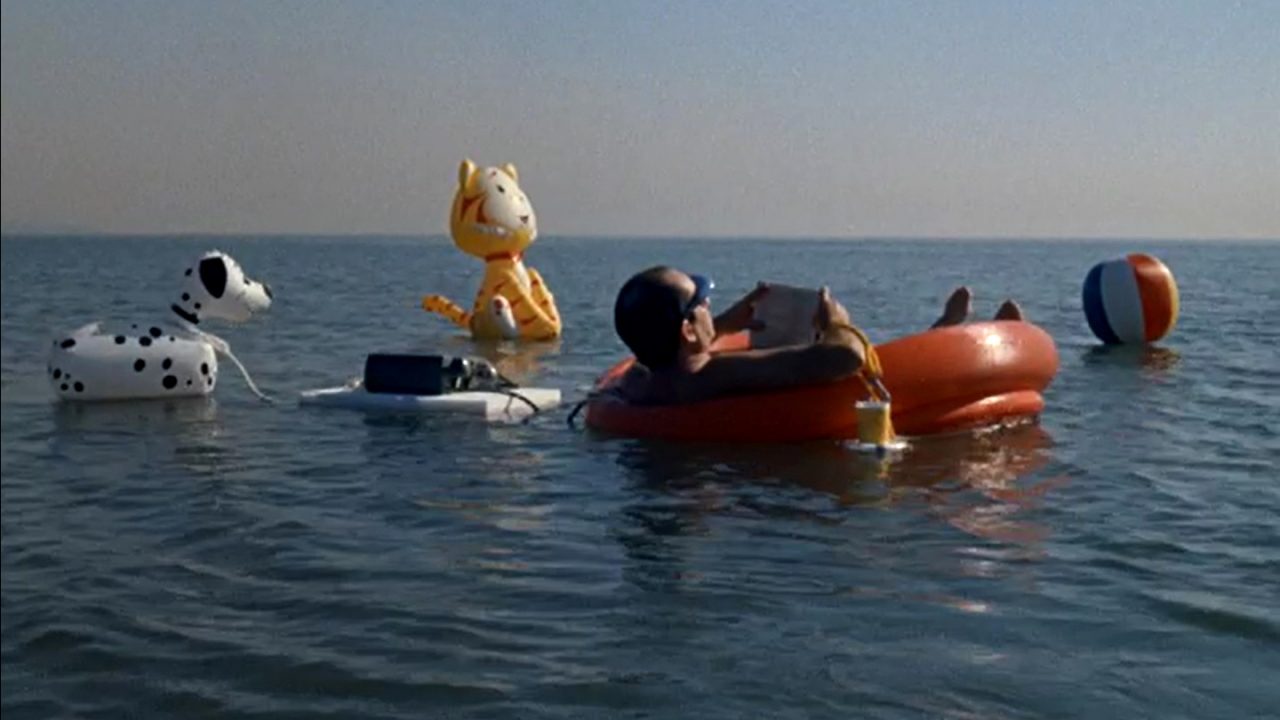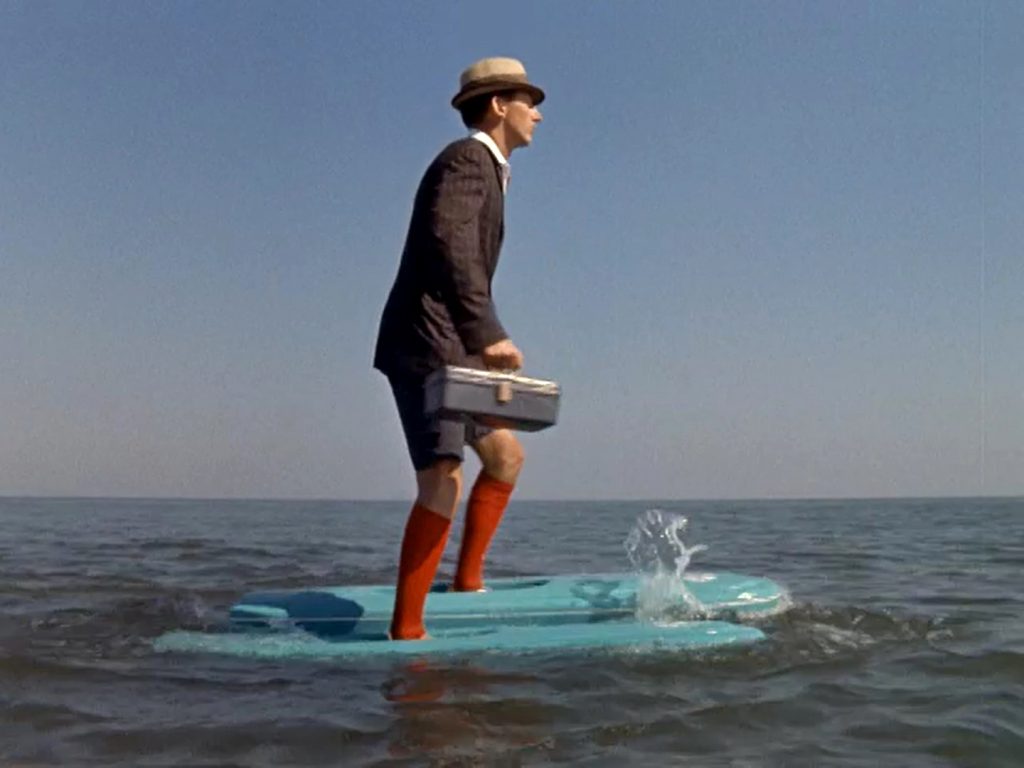
Magic Molecule: The Trouble with Plastic | Curator’s Perspective
Magic Molecule: The Trouble with Plastic | Curator’s Perspective
It never ceases to amaze me just how optimistic our films from the 1960s are. Most titles from that era speak of technology with the highest praise, explaining that the future is bright and that science will only make our lives better. Most people felt the same way about the world of plastics. The 1964 short film Magic Molecule, about the many uses of plastic, is one such film, and it’s the subject of my blog post today.
Obviously, we now see that plastic has become a huge monster that’s out of control. It pollutes our lands and oceans and kills our wildlife; there’s just no way we can recycle all the plastic that’s being produced on a daily basis. Unfortunately, we have abused this technology and must now quickly find a solution.
Since I’m a film curator and not a scientist, I’d better stick to what I know best. So, with that in mind, let us explore this unique film.
The film’s opening is simply eye-popping. First we see a man, wearing a visor, lying on an inflatable raft on the water, next to a floating table that has a telephone on it and some toy animals floating nearby. Next, there’s a sequence of a man in a suit jacket and shorts “walking” on water with the help of pontoons worn on his feet. Then, a woman steps out of a bathtub and walks over to a vanity… on a beach! And yes, you guessed it, all of the items in the scenes above are made of plastic.

We’re told that by manipulating a few molecules (it sounds so easy), industry can create thousands of new products. Of course, all these plastics have their origins in natural products. We are then shown just where these new materials came from: wood, oil, limestone, etc. The next few minutes are a montage of factories, machines and workers creating all these new materials. At the end of the short, we see our protagonists from the beginning of the film enjoying their new plastic products (including a speedboat) in their home and at work. We’re then told that the film stock used to make this motion picture is also made of plastic.
Watching a film like this in 2022 will certainly make you shake your head. This is another case where we must see the film in the context of the era in which it was produced. Plastics promised a myriad of new products made cheaply. The press release for Magic Molecule said that plastics were “cheap, disposable… plastic can be anything and do anything.” That 1960s optimism at work again.
So, is the film any good? The answer is yes, it is a great deal of fun. I admit that I really get a kick out of watching it. I love the goofy opening sequence and listening to the silly narration.
Audiences also received the film well. It was released theatrically in Canada in 1964 and played all over the country, racking up nearly 1,200 bookings (this was in the era when short films were shown before features in movie theatres). The French version even played at a Montreal theatre for 30 straight weeks. It was so popular that it continued to be booked in Canadian cinemas until 1978.
It was submitted to several film festivals and won awards at seven of them, including at Antwerp (Belgium), London (England) and La Plata (Argentina), where it received two prizes at the Children’s Film Festival! It was versioned into 10 languages (including German, Spanish and Dutch) and sold around the world.
Magic Molecule , Hugh O’Connor & Christopher Chapman, provided by the National Film Board of Canada
Its longevity and popularity are no doubt due to the film’s unbounded optimism, terrific visuals and groovy soundtrack. Magic Molecule certainly gets an “A” for originality and imagination. I mean, where else will you hear: “The cellulosics are in good fettle, and there’s a hint of melamine in the air.” Seriously!
I invite you to watch this imaginative film from another era, when optimism reigned supreme, and no one thought too much about the possible consequences.
Enjoy the film, but please reduce your plastic use.



